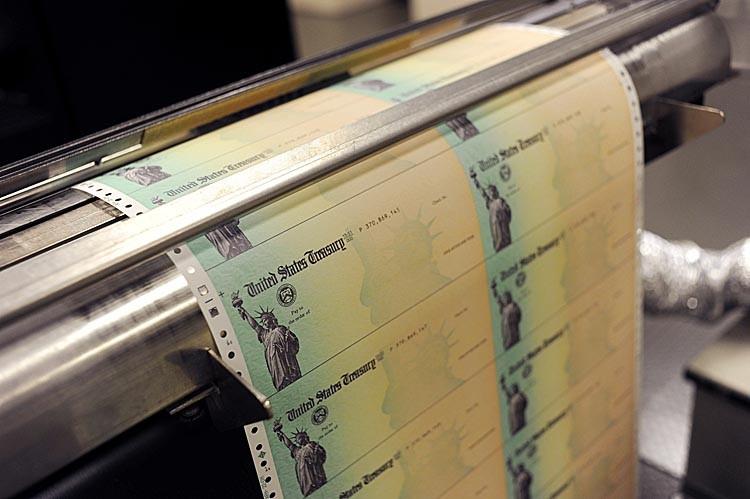The Internal Revenue Service (IRS) issued a post-Tax Day notice for those who missed the April 18 deadline to file their taxes and urged Americans who didn’t to do so quickly.
“Taxpayers who owe and missed the deadline without requesting an extension should file quickly to limit penalties and interest,” the agency said in an April 19 release, noting that taxpayers who are slated to get a refund “don’t receive a penalty for filing late.” It added: “People shouldn’t overlook filing a tax return. Every year, more than 1 million taxpayers overlook a tax refund; the IRS reminds those who didn’t file in 2019 that time is running out to get any refund owed to them.”





